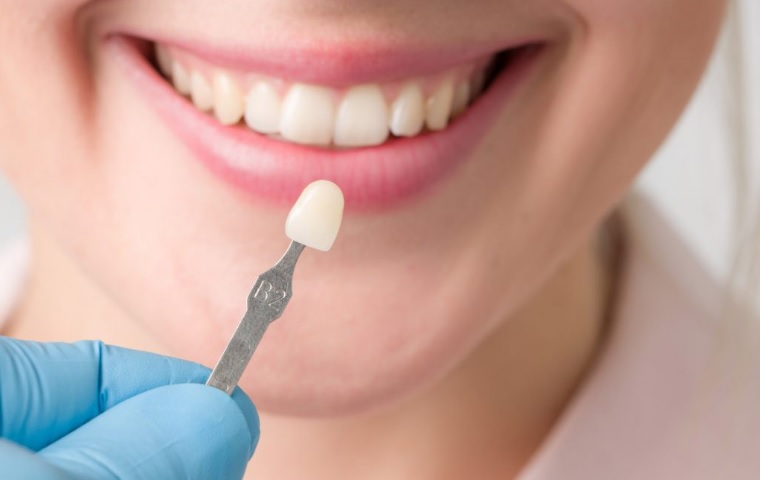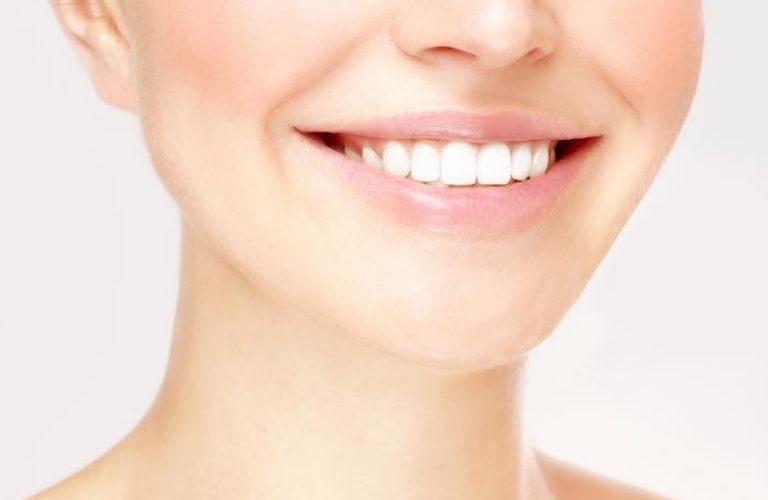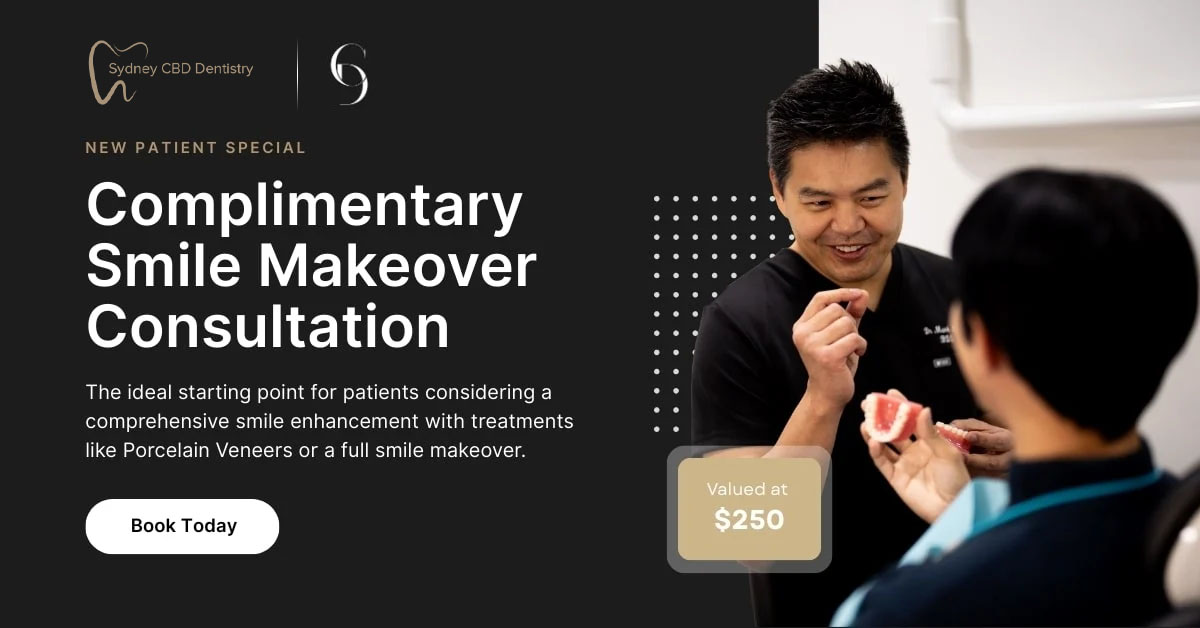Veneer Teeth: What You Should Know Before Getting Dental Veneers
Dental veneers are one of the most common treatments in cosmetic dentistry. They are thin, custom-made shells that are bonded to the front surface of teeth to enhance their appearance. Veneers can improve the look of stained, chipped, uneven, or slightly misaligned teeth, helping patients feel more confident in their smiles.
In Sydney and across Australia, veneers are usually made from composite resin or porcelain ceramic. Both types have their advantages, and the choice often depends on lifestyle, budget, and treatment goals.
Before deciding on veneer teeth, it’s important to understand how they work, their benefits, and what to consider before treatment.
Types of Veneers
Composite Veneers
Composite veneers are made of a tooth-coloured resin material applied directly to the teeth. This type of veneer can usually be completed in one appointment, making it a quicker and more affordable option.
-
Procedure: A small amount of enamel may be shaped, then the resin is layered and polished.
-
Cost: Generally less than porcelain veneers.
-
Longevity: May last 4–8 years depending on oral care and lifestyle.
-
Benefits: Affordable, minimally invasive, and reversible in some cases.
-
Considerations: More prone to staining and chipping compared to porcelain.
Porcelain Veneers
Porcelain veneers are thin ceramic shells crafted in a dental lab and then bonded to the teeth. They often require multiple visits for preparation, impressions, and final placement.
-
Procedure: Usually involves enamel reduction, impressions, and placement of custom veneers.
-
Longevity: Typically lasts 10–15 years, sometimes longer with good oral hygiene.
-
Benefits: Strong, durable, and resistant to staining. Natural translucency gives a lifelike appearance.
-
Considerations: Higher cost compared to composite veneers, and treatment is generally irreversible.
What to Know Before Getting Veneer Teeth
1. Veneers Are a Long-Term Commitment
Because veneers often require the removal of a small amount of enamel, the treatment is not considered reversible. Patients should be prepared that they may need replacement veneers later in life, especially as the natural teeth and gums change over time.
2. Good Oral Hygiene Is Essential
Like natural teeth, veneers require daily care. Brushing twice a day, flossing, and attending professional teeth cleaning and dental check-ups are necessary to keep both the veneers and underlying teeth healthy. Poor oral hygiene may shorten the lifespan of veneers.
3. Veneers Can Chip or Crack
Although porcelain veneers are durable, they are not indestructible. Biting down on hard objects, using teeth as tools, or habits such as nail-biting can increase the risk of chipping or fractures. A dentist may recommend a protective nightguard for patients who grind or clench their teeth.
4. Not Everyone Is a Candidate
Veneers are not suitable for everyone. Patients with significant tooth decay, gum disease, or severe misalignment may need other treatments before veneers. People with teeth grinding habits may also not be ideal candidates unless the habit is managed, as it may damage the veneers.
5. Veneers Require Maintenance and Potential Replacement
Teeth veneers Sydney are designed to last many years, but they will eventually need replacement due to natural wear or changes in the mouth. Composite veneers may need more frequent repairs, while porcelain veneers tend to last longer but still require eventual replacement.
Benefits of Veneer Teeth
Many patients choose veneers Sydney because of the aesthetic improvements they can provide. Some of the potential benefits include:
-
Enhancing the colour of discoloured teeth.
-
Improving the shape and size of teeth for a more uniform appearance.
-
Closing small gaps between teeth.
-
Creating a more symmetrical smile.
Because veneers are custom-designed, dentists can tailor them to achieve either a natural look that blends seamlessly with existing teeth or a brighter, more uniform appearance depending on the patient’s preference.
Things to Ask Before Treatment
If you are considering veneers, it may be helpful to ask your cosmetic dentist:
-
What type of veneer is most suitable for my teeth and lifestyle?
-
How many teeth should be treated to achieve the desired look?
-
What is the expected lifespan of the veneers in my case?
-
What are the costs involved and are payment plans available?
-
Are there any alternative treatments that may work for my goals?
Asking these questions during a consultation ensures you fully understand the process, costs, and expectations before committing to treatment.
Veneer Teeth in Sydney
At Sydney CBD Dentistry, veneers are one of the cosmetic dental services offered. Our dentists can provide both composite and porcelain veneers depending on individual needs. During the consultation, your goals and suitability will be assessed, and a personalised treatment plan will be discussed.
Conclusion
Dental veneers in Sydney can significantly improve the appearance of teeth, but they are a treatment that requires careful consideration. Understanding the differences between composite and porcelain veneers, their benefits and limitations, and the commitment involved can help you make an informed decision.
If you are interested in veneer teeth, scheduling a consultation with a dentist is the best way to determine whether they are suitable for you. With the right care, veneers can be a valuable investment in both your smile and confidence.






